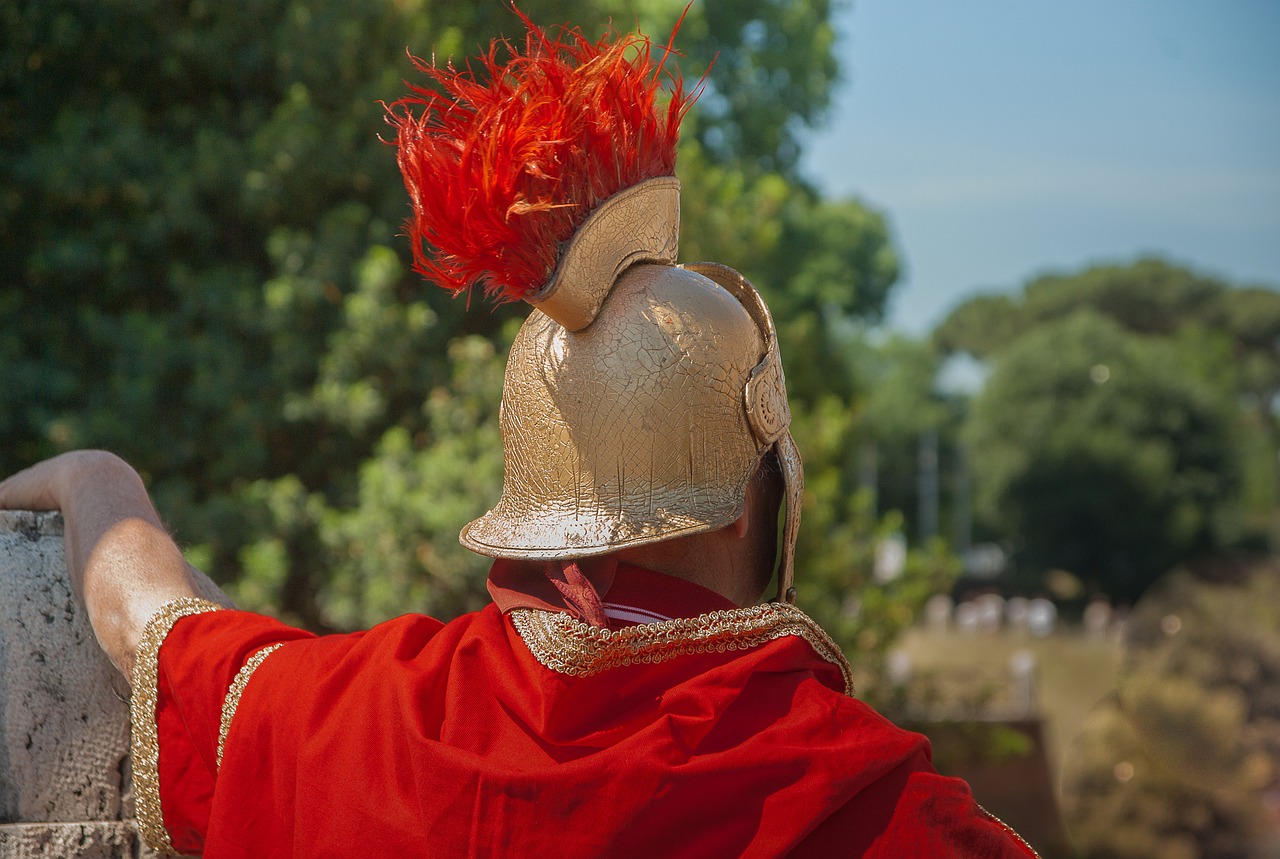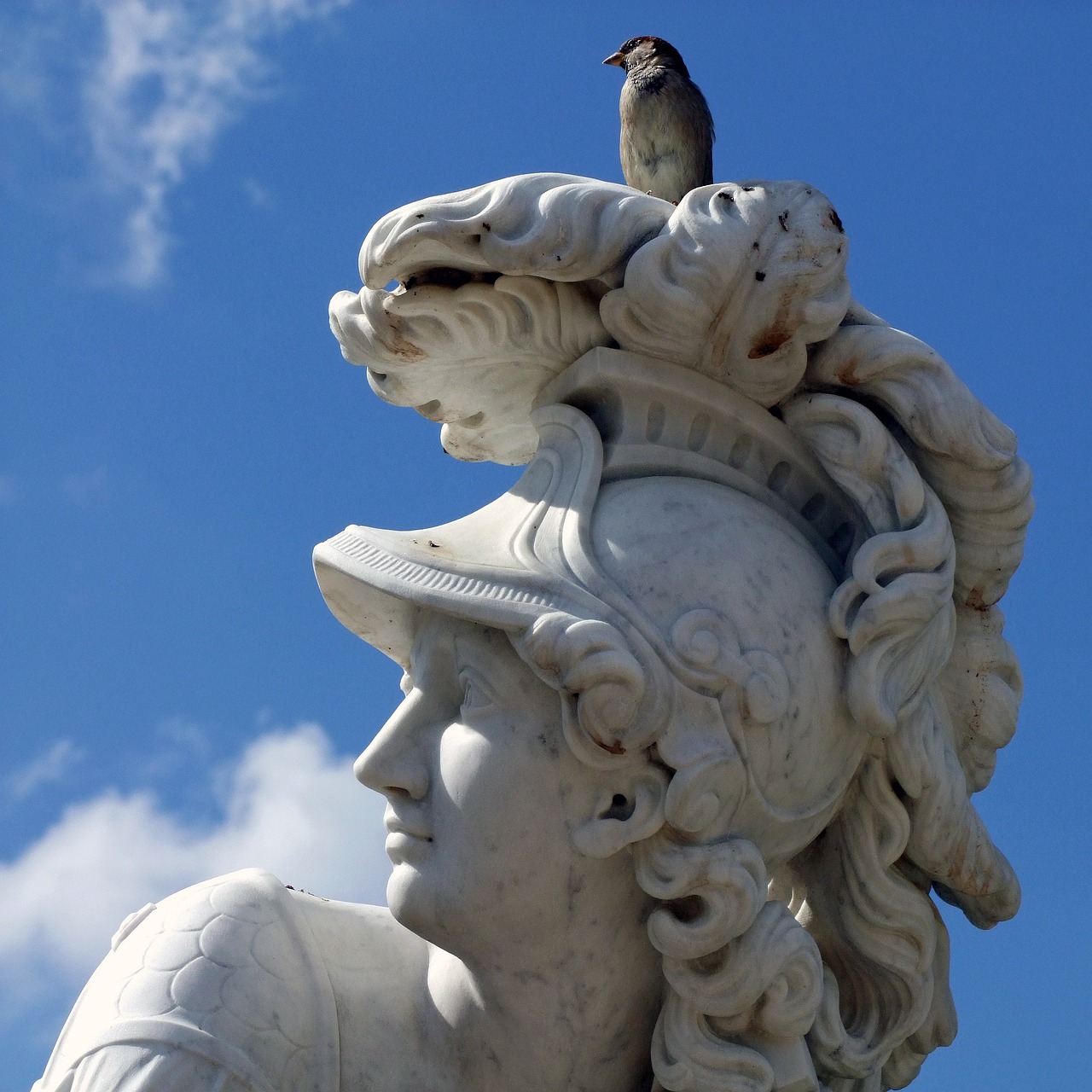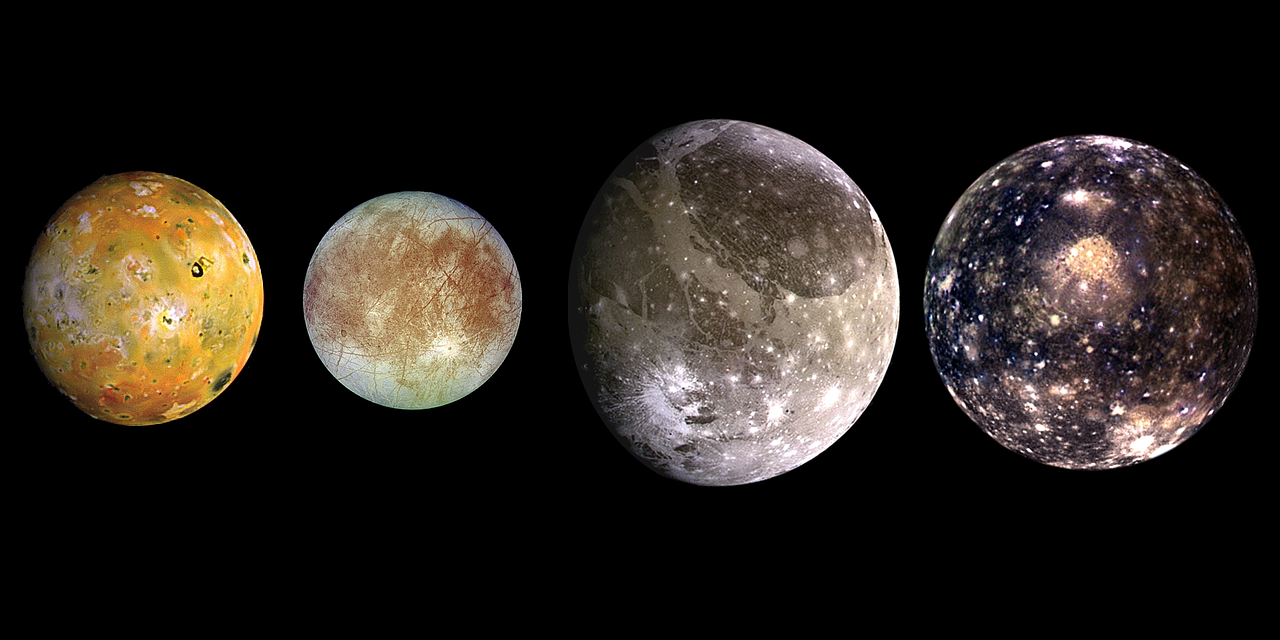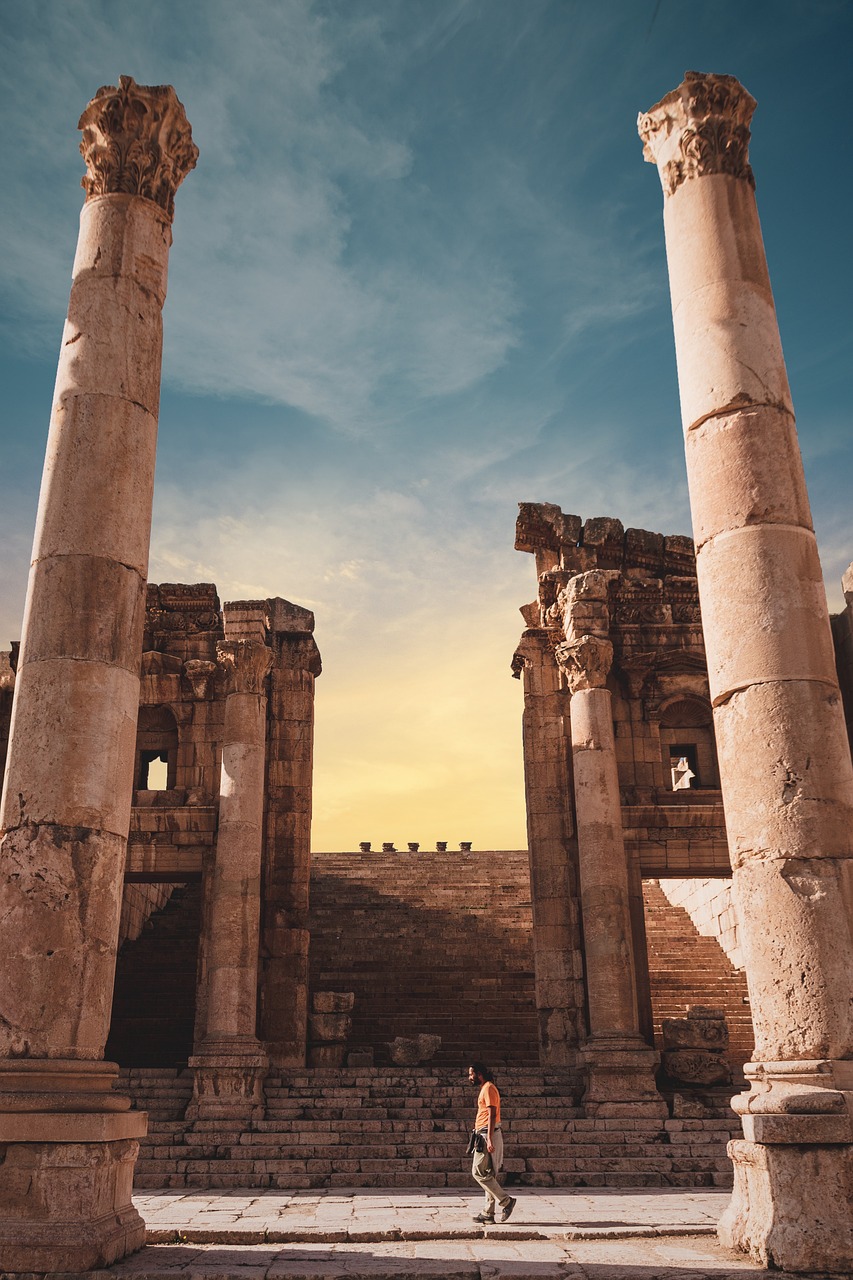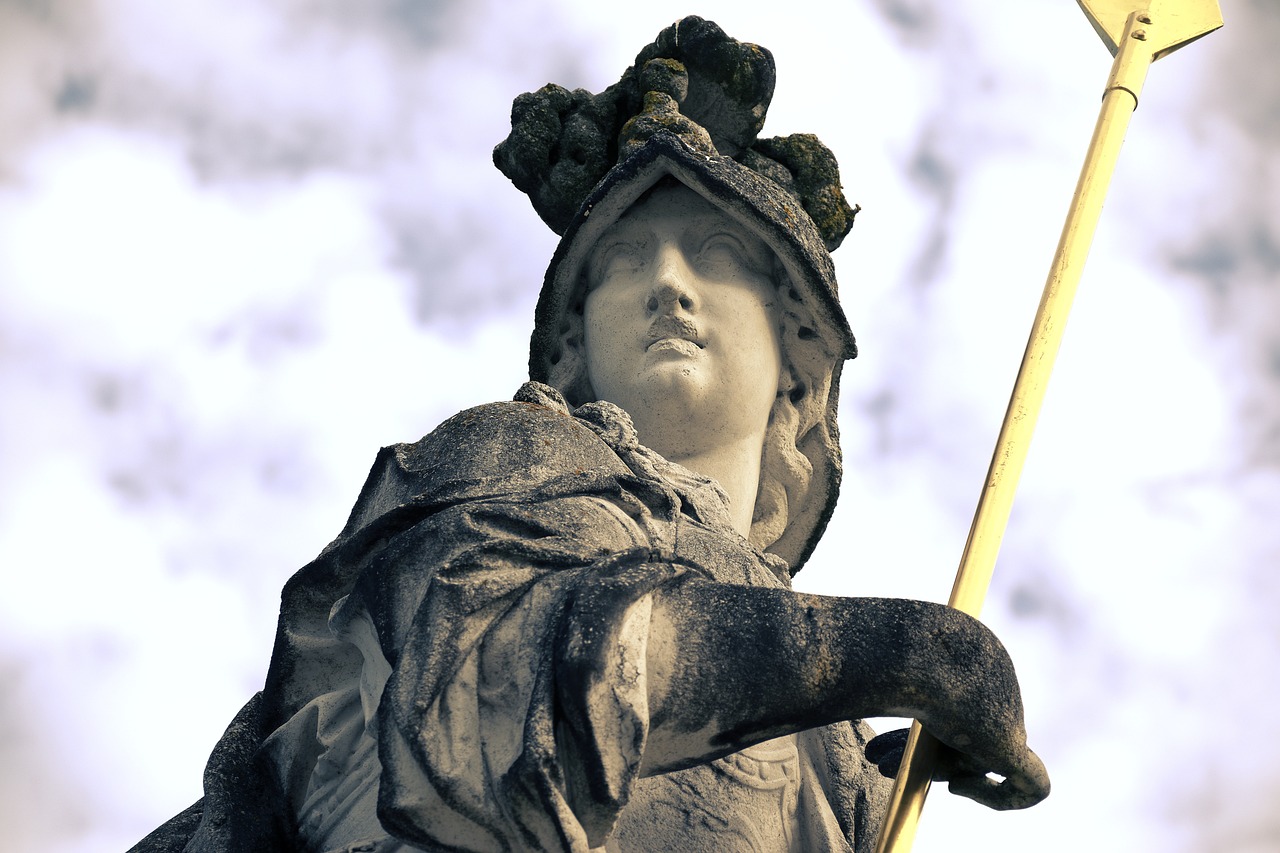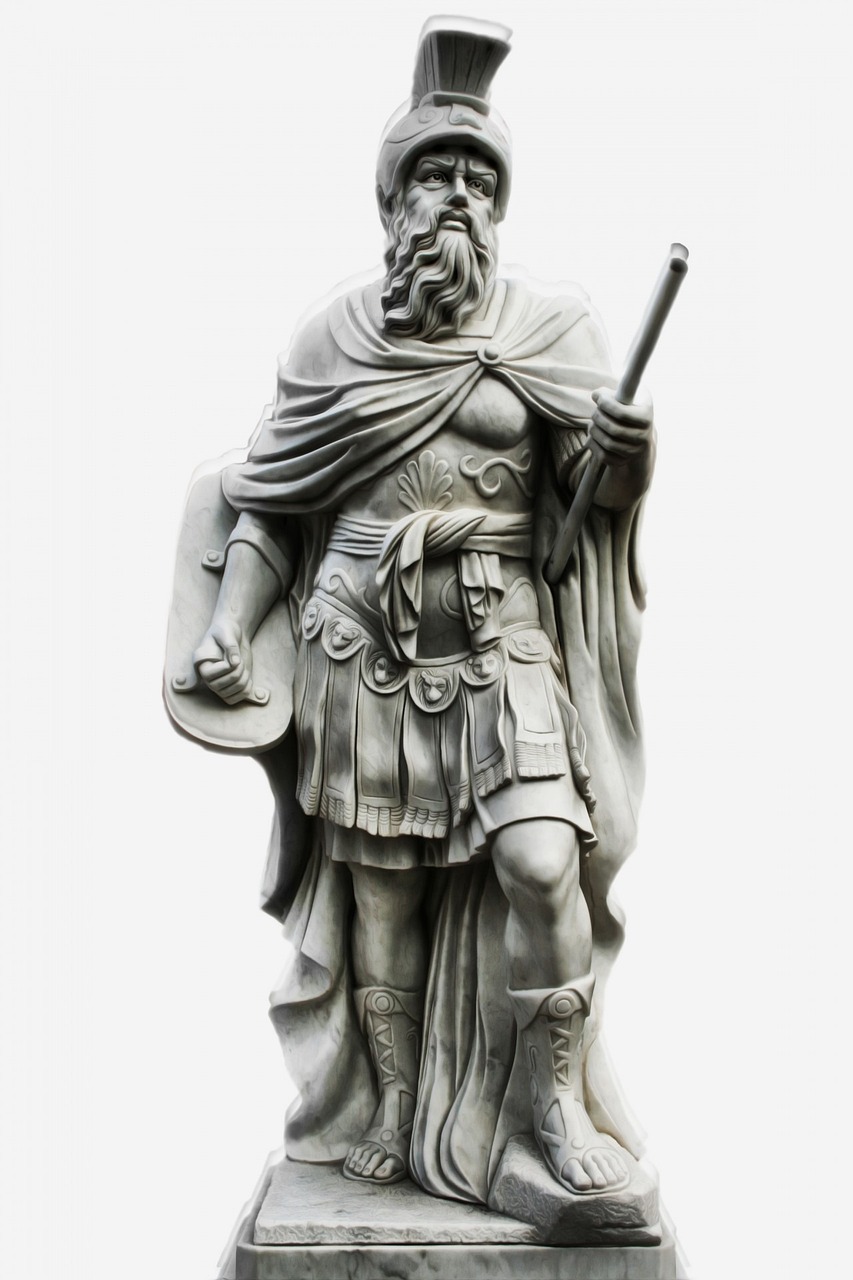Tag: Roman mythology
-
January 1 is often marked by a mixture of reflection and anticipation—pondering choices made during the previous night’s celebrations while simultaneously embracing aspirations for the year to come, like renewing fitness goals or organizing financial documents. This common practice of evaluation and hope aligns well with the essence of January, a month named for Janus,…
-
Overview of Neptune: The Roman God of the Sea Neptune stands as the Roman deity overseeing waters and seas, exerting control over winds and storms. Also identified as Neptunus Equester, he was celebrated as a horse god and the patron of horse racing, which was a favored pastime among Romans. The characteristics and stories associated…
-
Overview Minerva stands as the embodiment of wisdom among the gods of Rome, revered for her intellect, craftsmanship, and artistic inspiration. She presides over all matters that require careful planning and consideration from her heavenly vantage point. In time, she was also regarded as a deity of warfare, becoming a goddess from whom strategic thoughts…
-
The Significance and Legacy of Juno in Roman Mythology Juno stands as a pivotal figure within Roman mythology, serving as a protector of the state and women’s rights. Often paralleled with Hera, her Greek counterpart, Juno was both the sister and wife of Jupiter, the Roman supreme deity. Alongside Minerva, they were venerated collectively on…
-
Jupiter, a central figure in ancient Roman and Italian mythology, holds a significant role akin to the Greek god Zeus, sharing a linguistic root that implies brightness (from “diu,” meaning “bright”). Known for his connection to the heavens, one of his early nicknames is Lucetius, which translates to “Light-Bringer.” Over time, this essence of light…
-
Mors, regarded as the ancient Roman deity of death, was also known by the names Letum and Orcus. He is closely related to both the Greek god Thanatos and the Etruscan deity Charun, though his worship was relatively limited, and information regarding him is scant. In the realm of Roman mythology, Mors was commonly depicted…
-
Roman Deity of Intelligence and War In the realm of Roman mythology, Minerva emerged as a distinguished symbol of both wisdom and warfare. Her influence transcended the mere domains of intellect and combat; she also served as the guardian of crafts, representing a unique fusion of artistic and martial skills. To the ancient Romans, Minerva…
-
Juno, revered as a central figure in Roman mythology, embodied the protective spirit of the Roman nation while paying particular attention to women’s lives. Often likened to her Greek equivalent, Hera, Juno was both the spouse and sister of Jupiter, the supreme Roman deity. Together with the goddess Minerva, they were honored at the Quirinal…
-
Bellona: The Fierce Goddess of War in Roman Mythology Bellona, a prominent figure in Roman mythology, embodies the fundamental essence of conflict and war. Her presence resonates through the rich historical tapestry of ancient Rome, signifying the unyielding ferocity and overwhelming power entrenched in the devastation of battle. Over the ages, military leaders and soldiers…
-
Mors, a prominent figure in Roman mythology, embodies the dualities of Darkness and Agony, serving as a representation of Death. She is closely related to Nox, the goddess of the night, and shares a bond with her twin brother Somnus, who represents sleep. Based in a secluded cave adjacent to the river Lethe, she claims…


